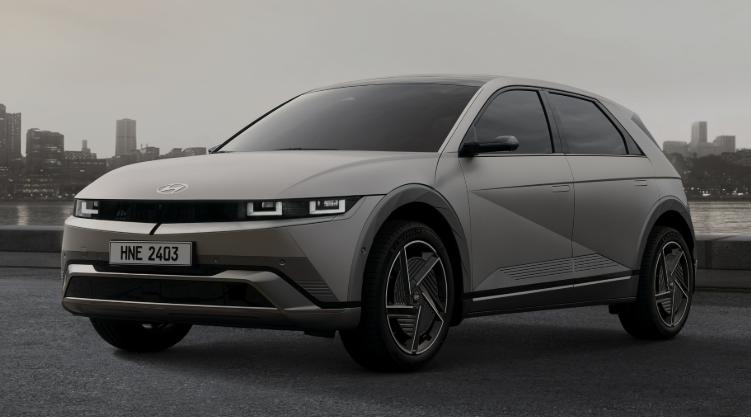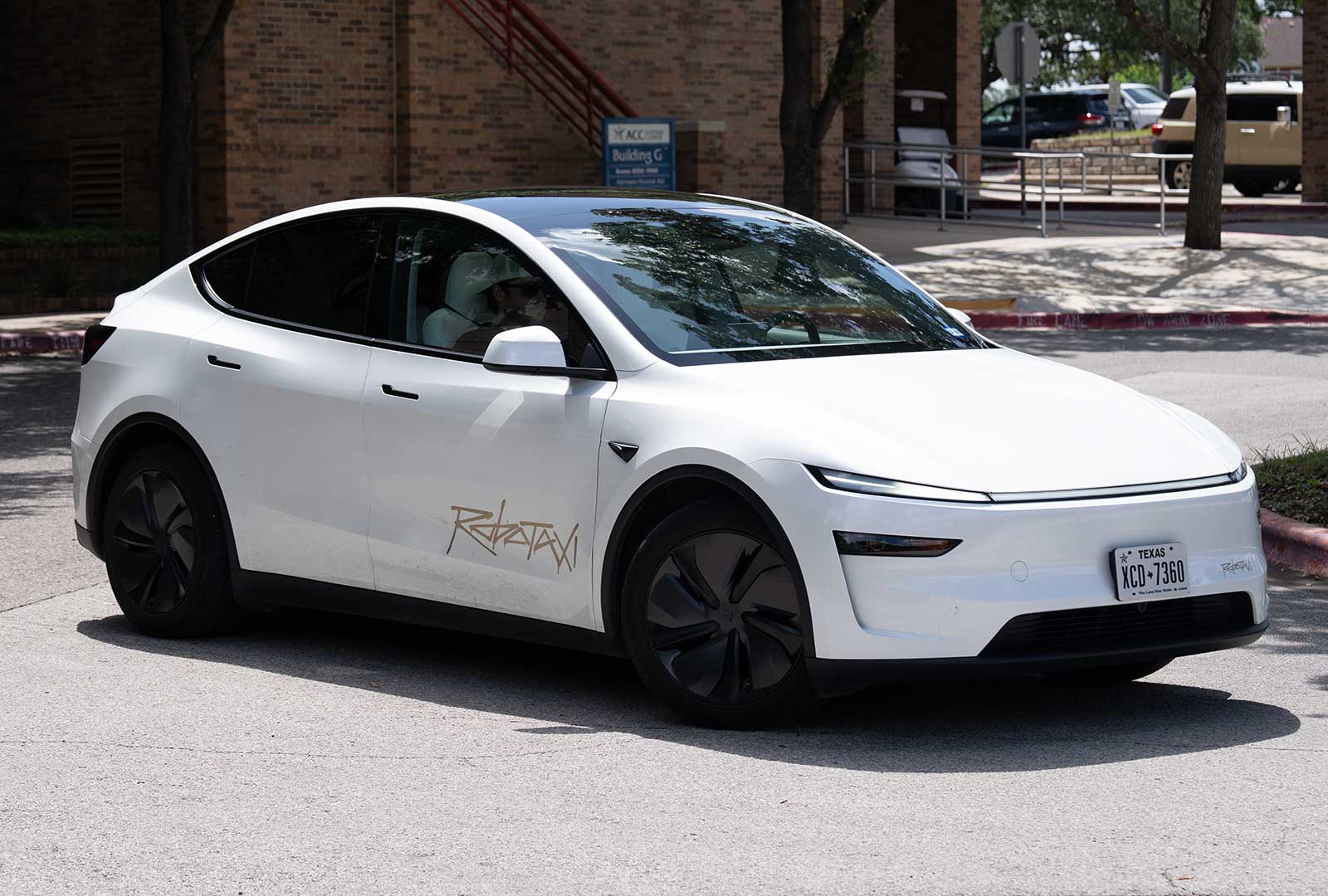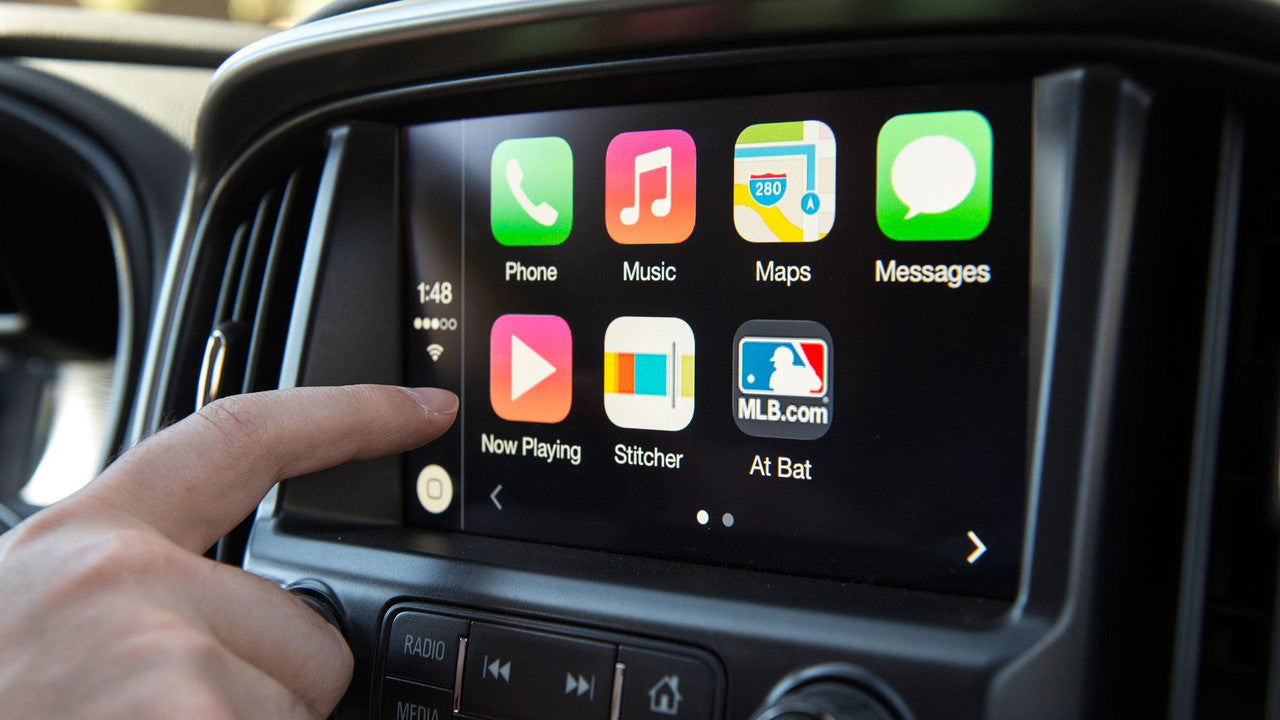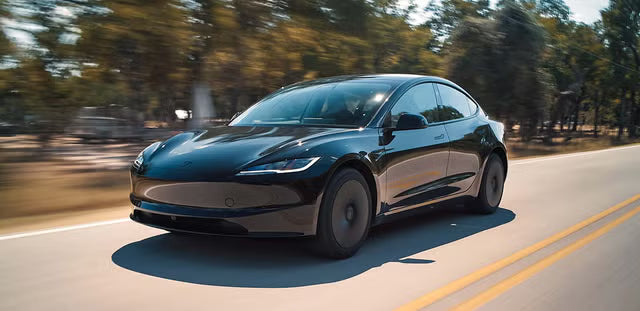As the Integrated Charging Control Unit (ICCU) becomes a central component in electric vehicles, its performance—and potential failure—has a direct impact on the everyday experience of EV drivers. While ICCUs improve charging efficiency, enable bi-directional charging, and simplify vehicle architecture, they are not immune to issues.
In this article, we’ll explore the common ICCU failure symptoms, real-world cases, causes behind these issues, and how EV owners can avoid and respond to them effectively.
What Happens When the ICCU Fails?
Because the ICCU is responsible for managing AC and DC charging, converting voltage for auxiliary systems, and in some cases enabling vehicle-to-load (V2L) or vehicle-to-grid (V2G) functions, failure can result in:
-
Inability to charge the battery
-
Sudden loss of 12V power systems
-
Warning lights or charging error messages on the dashboard
In more severe cases, ICCU failure may cause the vehicle to enter “limp mode” or become completely undriveable until serviced.
Real-World ICCU Failure Reports
Hyundai & Kia Case Study
Owners of Hyundai IONIQ 5 and Kia EV6 (both based on the E-GMP platform) have reported widespread ICCU-related charging issues in the U.S., Europe, and South Korea. Common complaints include:
-
AC charging not working (only DC fast charging remains functional)
-
ICCU failing within the first 20,000 miles
-
Repeated part replacements due to underlying software or cooling system issues
In some cases, the failure caused a drained 12V battery, disabling systems like door locks, lights, or infotainment.
Common Causes of ICCU Failures
1. Thermal Stress
ICCU modules operate in high-voltage and high-temperature environments. Inadequate cooling or sustained high loads can lead to overheating and component degradation.
2. Manufacturing Defects
Since ICCUs integrate multiple functions into a single unit, a fault in one subsystem—such as a failed capacitor in the DC-DC converter—can compromise the entire module.
3. Software Bugs
Firmware miscommunication between the ICCU and the vehicle’s battery management system (BMS) or powertrain control module can trigger failures or charging refusal.
4. Voltage Spikes or Grid Irregularities
Inconsistent AC input or power surges during home charging—especially from older or non-dedicated circuits—can damage sensitive ICCU electronics.
Signs You May Have an ICCU Problem
Look out for the following red flags:
-
Inconsistent or failed charging attempts
-
Loss of 12V electrical features like lights or central locking
-
Dashboard warnings such as “Check Electric Vehicle System” or “Charging Error”
-
Overheating sounds or clicking noises during charging
-
Sudden drop in driving range or charging speed
If any of these occur, stop charging and schedule a diagnostic with your dealer or service center.
Can the ICCU Be Repaired?
In most cases, the ICCU is not a serviceable unit and must be replaced as a whole. This is because it houses tightly integrated electronics with high voltage insulation requirements.
The good news? Most ICCU replacements are covered under EV powertrain warranties, typically lasting 8 years or 100,000 miles in the U.S. However, diagnosis may take time, and parts availability can delay repairs.
How to Avoid ICCU Failures
While you can't control hardware design, there are several precautions you can take to extend your ICCU's life and avoid failure:
1. Use High-Quality Charging Equipment
-
Choose EVSEs (EV supply equipment) that are UL or CSA certified.
-
Install a dedicated Level 2 home charger with proper circuit protection.
2. Avoid Charging During Peak Heat
-
If possible, avoid charging during extremely hot afternoons, especially in poorly ventilated garages.
-
Use charging schedules to charge during early morning or night when temperatures are lower.
3. Enable Over-the-Air (OTA) Updates
Many automakers release firmware updates to address ICCU-related bugs. Ensure your vehicle's software is up to date to avoid glitches that can trigger hardware failures.
4. Regularly Monitor Your 12V Battery Health
Because the ICCU powers the 12V system, poor battery health can stress the ICCU and reduce charging efficiency. Consider replacing your 12V battery every 3–5 years.
5. Avoid Frequent High-Speed Charging If Not Needed
While the ICCU primarily manages AC and low-voltage conversion, frequent DC fast charging can stress the system thermally and electrically. Alternate between Level 2 and DC charging.
What to Do If You Suspect an ICCU Failure
-
Stop Charging Immediately
Unplug the vehicle to avoid further stress or risk of electrical fault. -
Check for Error Messages
Take note of any dashboard warnings. These help technicians narrow down issues. -
Contact Your Dealer or Manufacturer
Request a diagnostic appointment and ask about ICCU service history or recalls. -
Verify Warranty Coverage
Ensure that your powertrain warranty is active and covers ICCU replacements (most do).
The Bottom Line
As the ICCU becomes more common in EV architectures, understanding its role—and what happens when it fails—empowers owners to make better decisions. While most drivers will never face an ICCU issue, those who do will find that early detection and proper charging habits can make a major difference.
By staying informed and taking simple steps like keeping your software updated and charging under the right conditions, you can help ensure your EV runs smoothly for years to come.
Recommended reading: Understanding the ICCU in Electric Vehicles: What It Is and Why It Matters








Share:
Understanding the ICCU in Electric Vehicles: What It Is and Why It Matters
How to Power Your RV Using EV Bidirectional Charging?
2 comments
ICCU failures in EVs can silently disable essential functions learn how to detect risks, manage recalls, and stay charged.
What a timely and well‑researched post! Clear and practical guidance on ICCU failures in EVs helps owners stay informed and prepared.